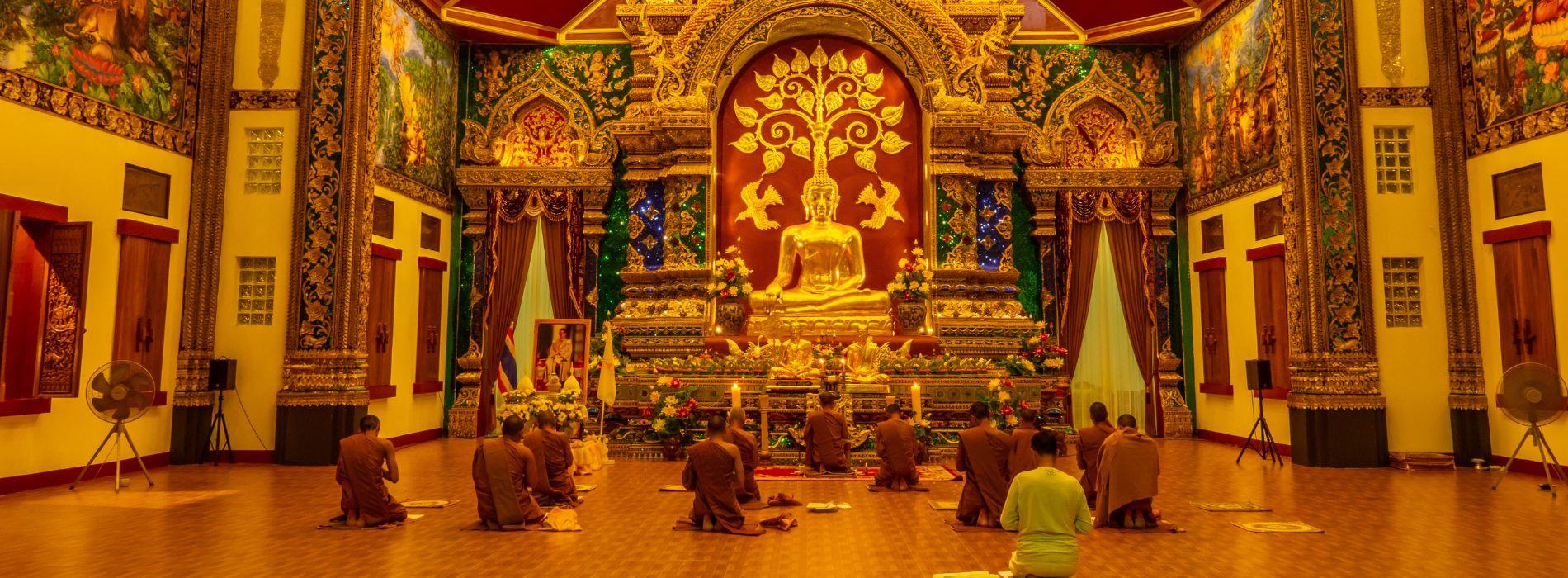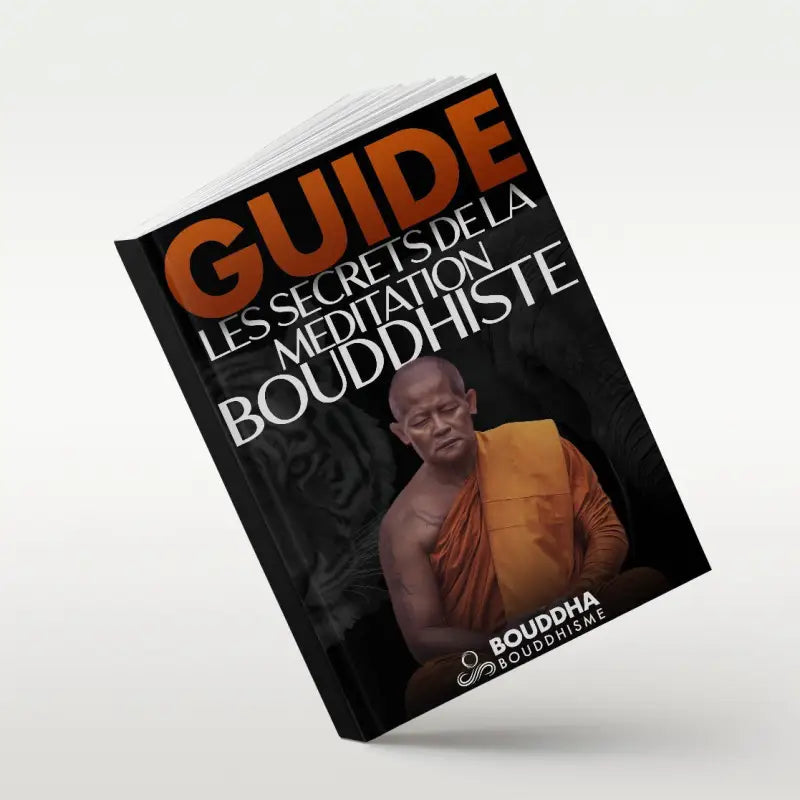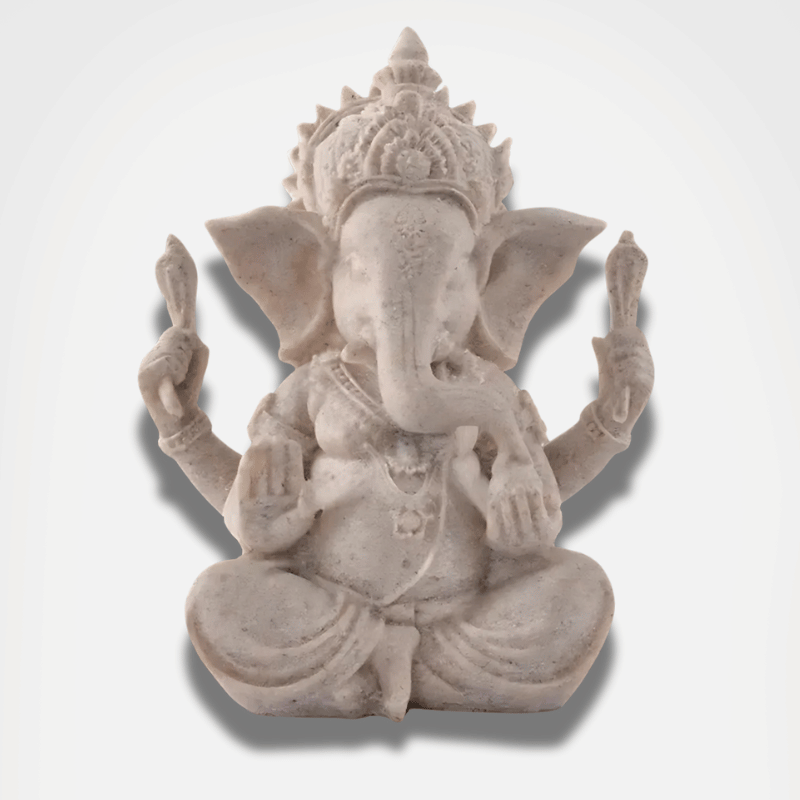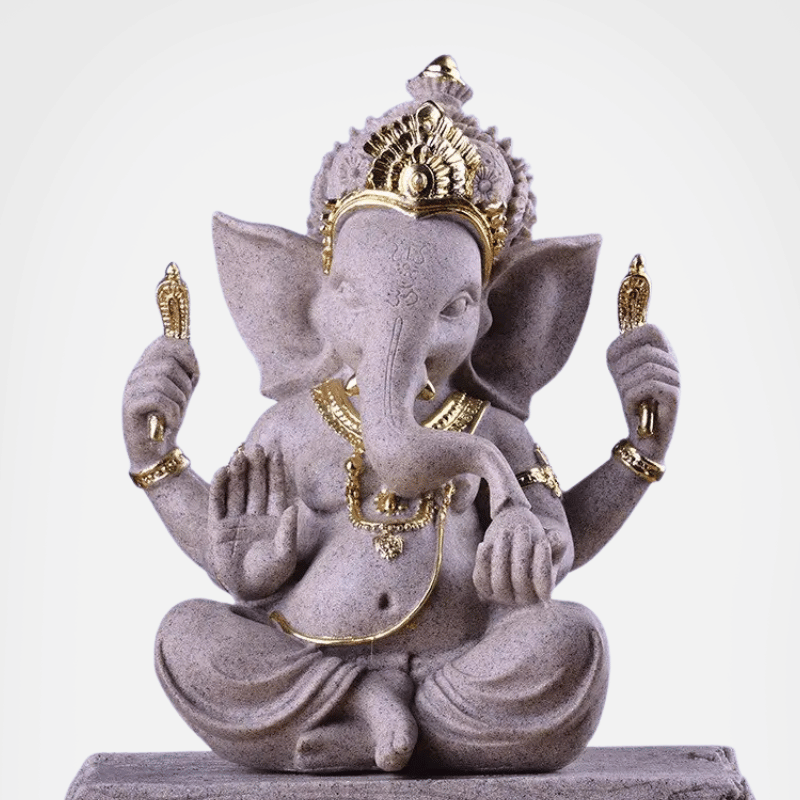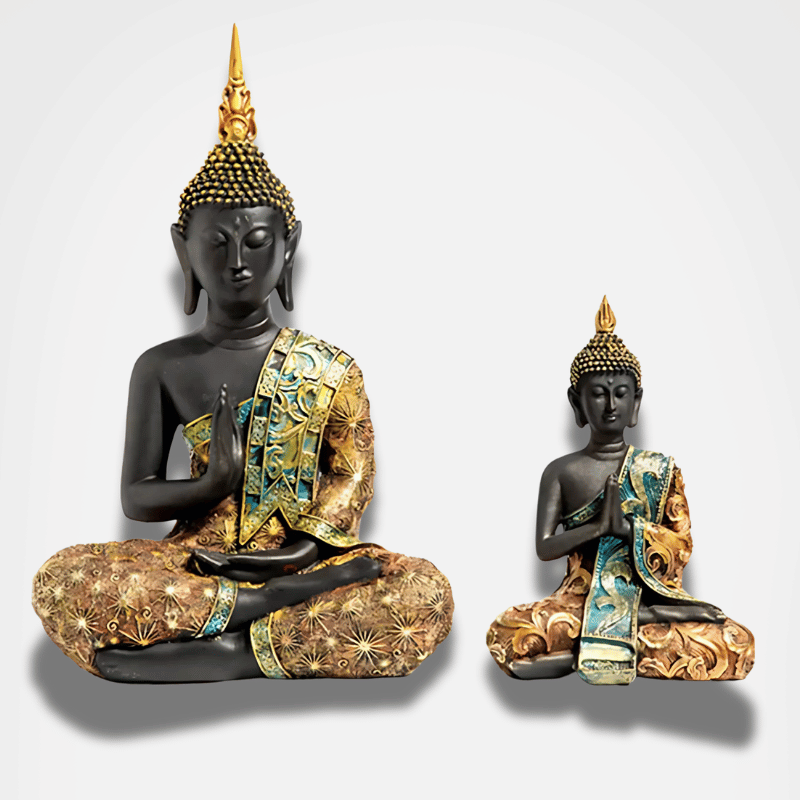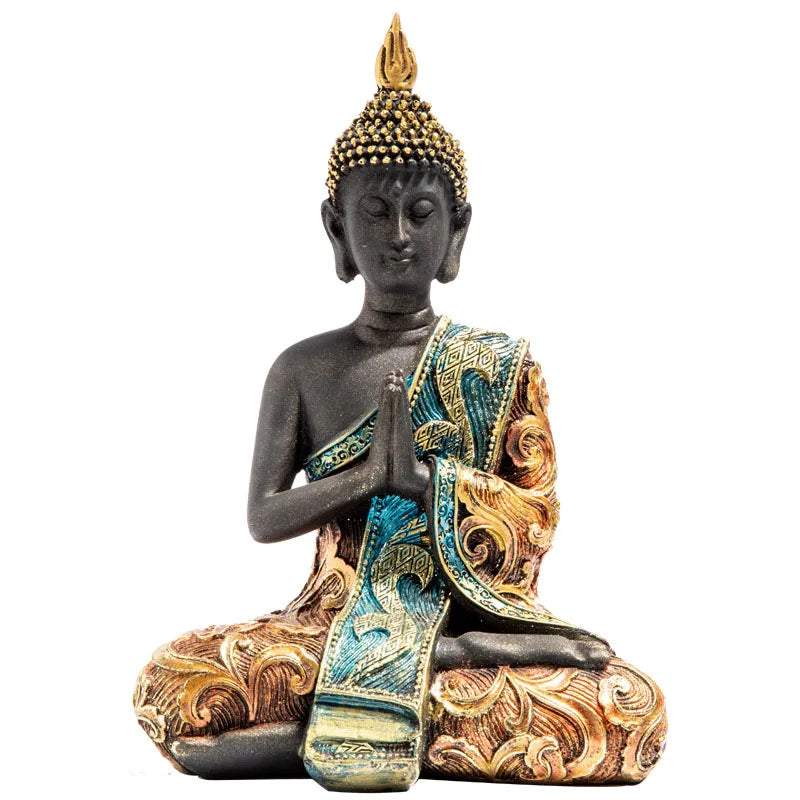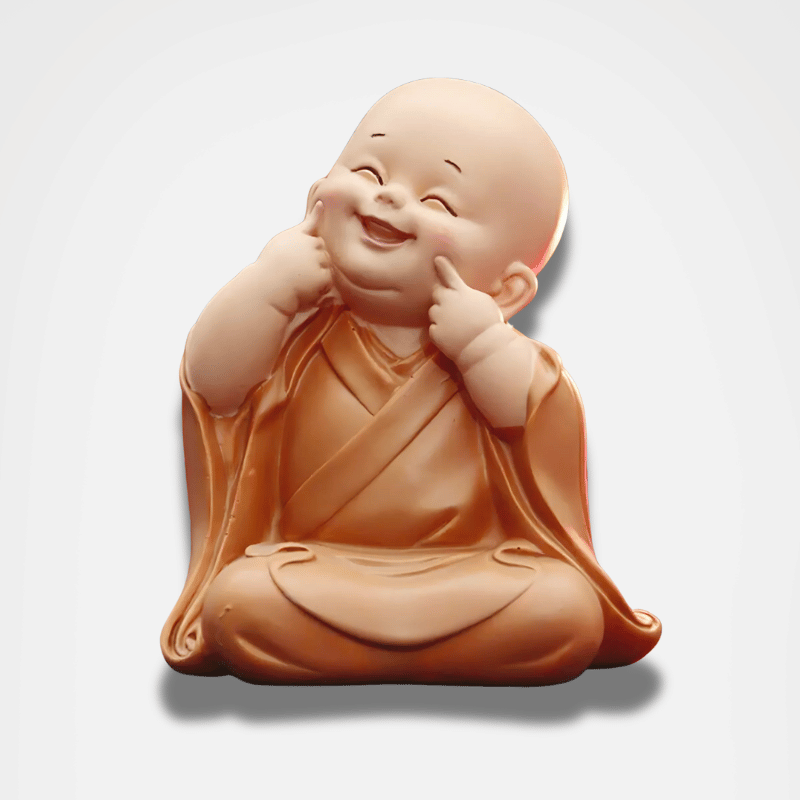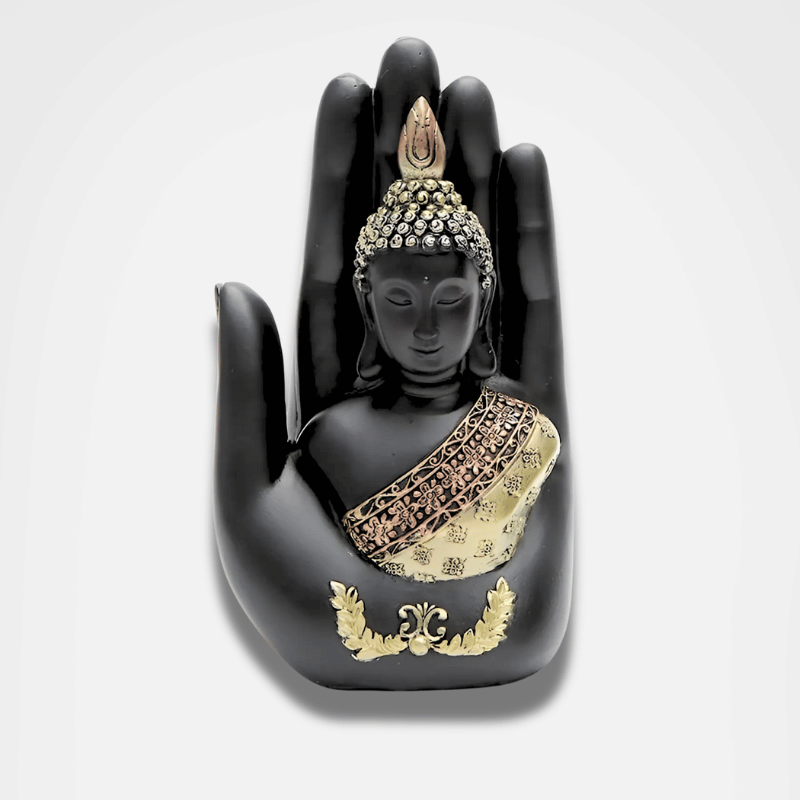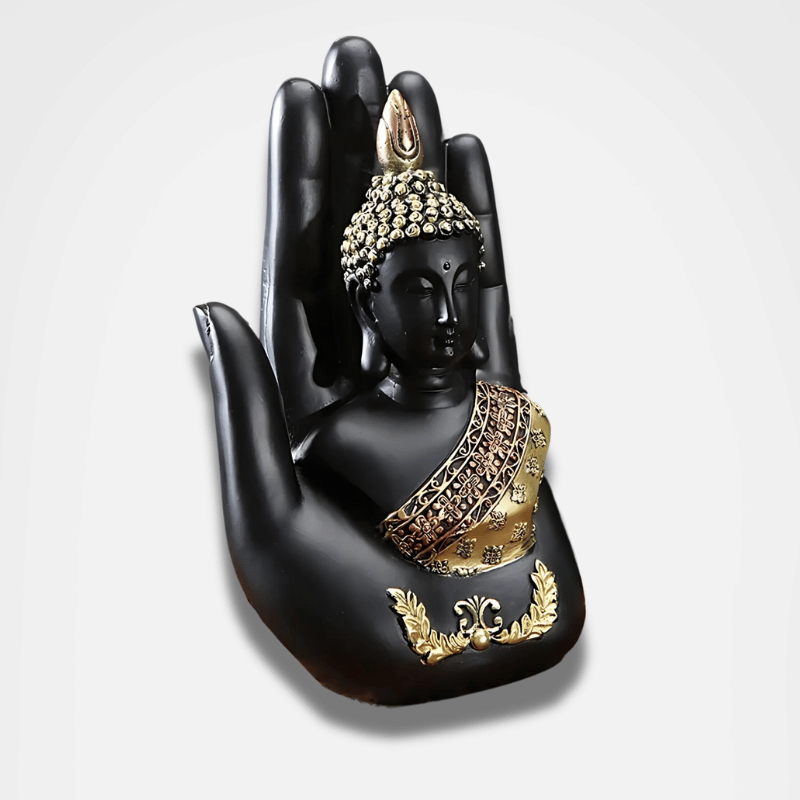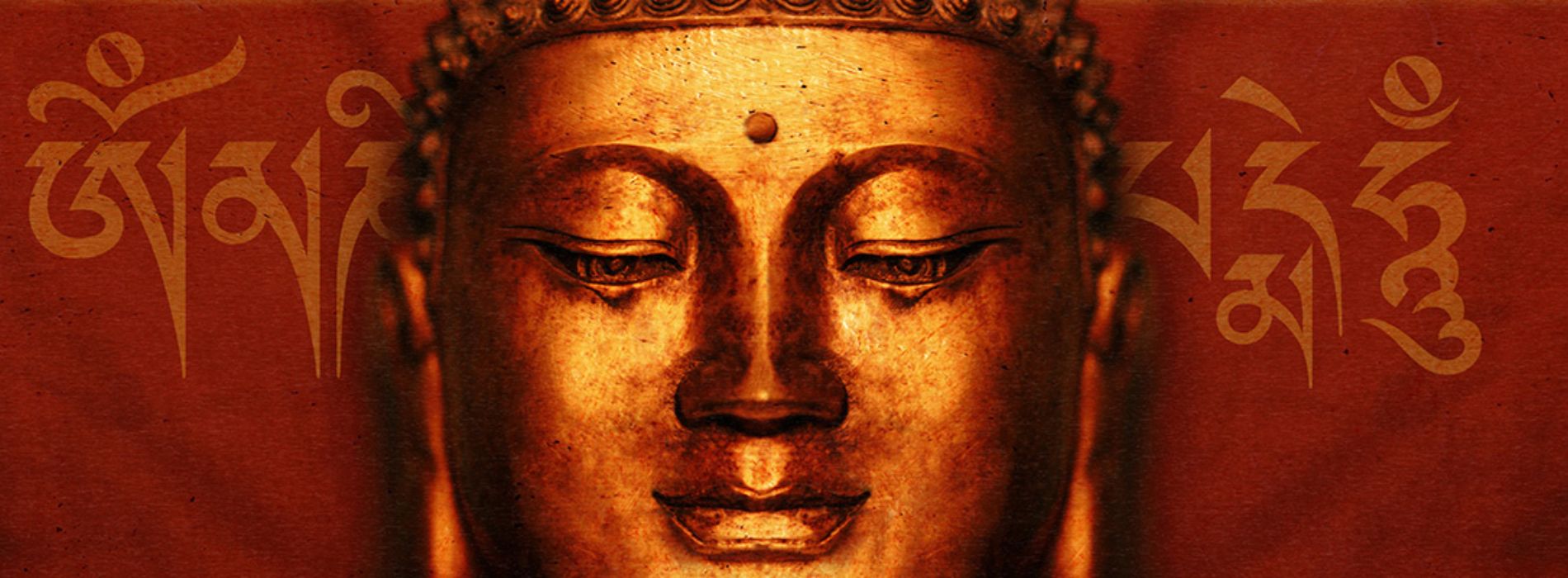Where is Buddhism practiced?
Where is Buddhism practiced? Holy places and educational centers
The Buddhist countries
Buddhism, one of the main religions of the world, is practiced in many countries. Among the best-known Buddhist countries, we find Japan, Thailand, Sri Lanka, strong>Vietnam, South Korea and Cambodia. These countries have a long Buddhist tradition and are home to many temples and monasteries where worshipers and monks gather to pray and meditate.
Buddhist temples are often important places of worship where the faithful can meditate and seek inner tranquility. They are adorned with statues of Buddha and other Buddhist deities, and provide a peaceful space for meditation and reflection.
Japan and its majestic temples
Japan, one of the countries best known for Buddhism, has majestic temples dotted throughout the country. The Kinkaku-ji temple in Kyoto is one of the most famous, with its magnificent golden pavilion surrounded by a magnificent landscaped garden. Nara Prefecture is also renowned for its numerous Buddhist temples and shrines, including Todai-ji, which houses a large statue of Buddha in bronze.
The practice of Buddhism in Japan is also marked by Zen temples, where meditation (zazen) is at the heart of the practice . Zen monks are dedicated to the search for enlightenment and devotees can participate in retreats and meditation sessions at these temples dedicated to contemplation.
In addition to Buddhist temples, Japan also has many Shinto shrines, another important religion in the country. These two religions coexist in harmony, and it is not uncommon to see Shinto shrines and Buddhist temples side by side.
Thailand, land of smiles and Buddhism
In Thailand, Buddhism is an integral part of culture and daily life. Buddhist temples, called "Wat" in Thai, are omnipresent in the Thai landscape. Among the most famous temples is Wat Arun in Bangkok, known for its unique architecture and its location near the Chao Phraya River.
Monks play an important role in Thai society. They are respected and venerated by the faithful who offer them offerings and attend their teachings. Monks spend much of their time meditating and studying Buddhist teachings.
Thailand is also known for its lively Buddhist festivals, such as Loy Krathong, where Thais launch small boats on fire on the rivers to get rid of their worries and bad luck.
Buddhist centers outside traditionally Buddhist countries
Buddhism is not limited to traditionally Buddhist countries. There are also many Buddhist centers around the world where practitioners can study and meditate.
In France, for example, there are many Buddhist centers where the teachings of the Buddha are taught. The Buddhist temple of Lérab Ling, in the south of France, is a meditation and retreat center that welcomes practitioners from all over the world. Buddhist teachings are given there by internationally renowned masters.
Buddhist retreat centers
Buddhist retreat centers offer practitioners the opportunity to withdraw from the world and devote themselves fully to their spiritual practice. These retreats can last from a few days to several weeks, and participants follow a strict schedule that includes meditation, study of Buddhist teachings, and crafts.
There are Buddhist retreats in many countries, such as the United Kingdom, the United States, Australia and Canada. These retreats provide a tranquil and meditative environment, allowing participants to reconnect with themselves and deepen their Buddhist practice.
Buddhistretreat centers may be run by experienced monks or laypeople, and some of them are affiliated with specific Buddhist traditions, such as Buddhist traditions. strong>Tibetan Buddhismor Zen Buddhism. Each retreat has its own philosophy and approach to practice, providing a variety of options for interested practitioners.
Urban Buddhist centers
In addition to retreat centers, there are also many urban Buddhist centers in major cities around the world. These centers offer meditation classes, lectures on Buddhist teachings, and group practices for practitioners interested in deepening their understanding of Buddhism.
These centers are often open to everyone, regardless of their experience or level of knowledge of Buddhism. They provide a community space where practitioners can come together, share experiences and find support in their practice.
Urban Buddhist centers also offer special events, such as blessing ceremonies, collective meditation rituals, and lectures by renowned Buddhist teachers. These events offer unique opportunities to deepen your practice and meet other Buddhist practitioners.
Buddhism online
With the advent of the Internet, Buddhism has also become accessible online. Many Buddhist teachers offer online courses, guided meditations and webinars on Buddhist teachings. This online accessibility has allowed practitioners around the world to follow Buddhist teachings without having to travel to physical centers.
Online meditation platforms also offer guided meditations for all levels, from mindfulness meditations to advanced Buddhist teachings. These online resources can be used by practitioners who wish to practice at home independently or supplement their practice in a physical Buddhist center.
Online Buddhist communities
In addition to online learning resources, there are also online Buddhist communities where practitioners can connect with other like-minded people. These communities provide a virtual space to share experiences, ask questions and discuss topics related to Buddhism.
Discussion forums, Facebook groups and social networks dedicated to Buddhism are all ways to connect with other practitioners and find support in Buddhist practice< /strong>. These online communities provide a social and educational dimension to Buddhist practice, allowing practitioners to feel connected even if they do not attend physical Buddhist centers. p>
However, it is important to note that online Buddhist practice does not completely replace practice in a physical Buddhist center, as direct contact with a teacher and with other practitioners can be beneficial for deepening one's understanding and practice of Buddhism.
Wherever you are, Buddhist practice is accessible
Whether you want to practice Buddhism in a traditional temple, participate in a Buddhist retreat, join an urban Buddhist center, or explore the practice Buddhist online, you will find opportunities to practice wherever you are. The teachings of Buddha can be applied in daily life, regardless of your geographic location and time constraints.
Buddhist practice offers tools for cultivating compassion, wisdom and inner peace, allowing you to live a more fulfilling and balanced life. Whether you've been interested in Buddhism for a long time or are simply curious to know more, you can begin your spiritual journey now by exploring one of these many practice possibilities. p>
Conclusion
Whether it concerns traditionally Buddhist countries, Buddhist centers outside these countries, online practice or virtual communities, the >Buddhism offers opportunities for practice around the world. The majestic temples of Japan, the lively festivals of Thailand, the Buddhist retreats and urban centers offer environments conducive to meditation and study of Buddhist teachings.
The advent of the Internet has also made Buddhism easier to access, with classes, guided meditations, and online communities offering resources for interested practitioners. Wherever you are, there is a place for Buddhist practice, whether in a traditional temple, a Buddhist retreat, an urban center or out in the world virtual.

